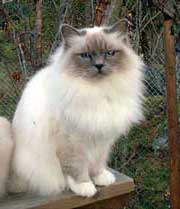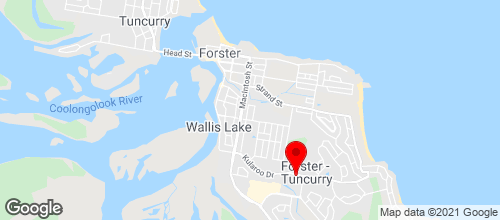Hairballs in Cats

Hairballs are created when a cat grooms him or herself and ingests a large quantity of hair. This hair does not pass easily through the gastrointestinal tract and stomach and pancreatic enzymes cannot digest it.
As hair builds up, it can create a partial blockage of the stomach or intestines and, in an effort to expel the obstruction, a reflex causes the cat to vomit the hairball. Large hairballs can become impacted and require surgical removal. They can also be associated with other gastrointestinal disorders such as inflammatory bowel disease.
Hairballs are a normal phenomenon in cats and there are many ways to manage them. The three most common remedies to help decrease the frequency or size of hairballs are hairball lubricants, fibre supplements, and improved grooming. The most important thing to remember about any hairball remedy is that it is not a cure. Any steps that you take merely help to control a normal process.
Lubricants and laxatives
Several hairball lubricants (also referred to as laxatives) are available from your veterinarian, which are essentially flavoured petroleum pastes. Some cats love these products and will readily lick them from your fingers, but others will refuse them or try to shake the lubricant off their paws. These products can be used two to three times a week to be effective.
Mineral oil-based products are not recommended as a treatment because of the associated risk of aspiration pneumonia.
Food
There are several feline diets on the market that claim to be effective in reducing hairballs. These diets contain fibre which helps promote normal bowel contractions, thus assisting the passage of food and swallowed hair through the gastrointestinal tract. Fibre helps with water reabsorption during digestion and also helps, by means of a mildly abrasive action, to cleanse the lining of the intestines.
Grooming
Increasing the frequency of brushing, combing and bathing your cat reduces the amount of hair that hangs around after shedding, thus decreasing the amount he or she will ingest during self-grooming. Some owners of long-haired cats have their cat’s hair shaved regularly by a groomer in an attempt to reduce hairballs.
Vomiting
The most common cause of vomiting in cats is due to hairballs, but a cat that vomits frequently is likely to have other problems and a veterinarian should assess the situation. As with many other health concerns, it’s best to monitor your cat. Vomiting the occasional hairball is normal; frequent vomiting or gagging is not.
Vomiting is a non-specific clinical sign that can be linked to many conditions, including food intolerance, the ingestion of foreign substances, viral infection, inflammatory bowel disease, liver disease, kidney disease, thyroid disease, and cancer. To obtain a diagnosis, your veterinarian may do blood tests and take X-rays. If an answer is not found, more advanced diagnostic testing such as a barium X-ray series, endoscopy, and surgical exploratory and biopsy may be needed.
Contributor: Dr Julia Adams BVSc
